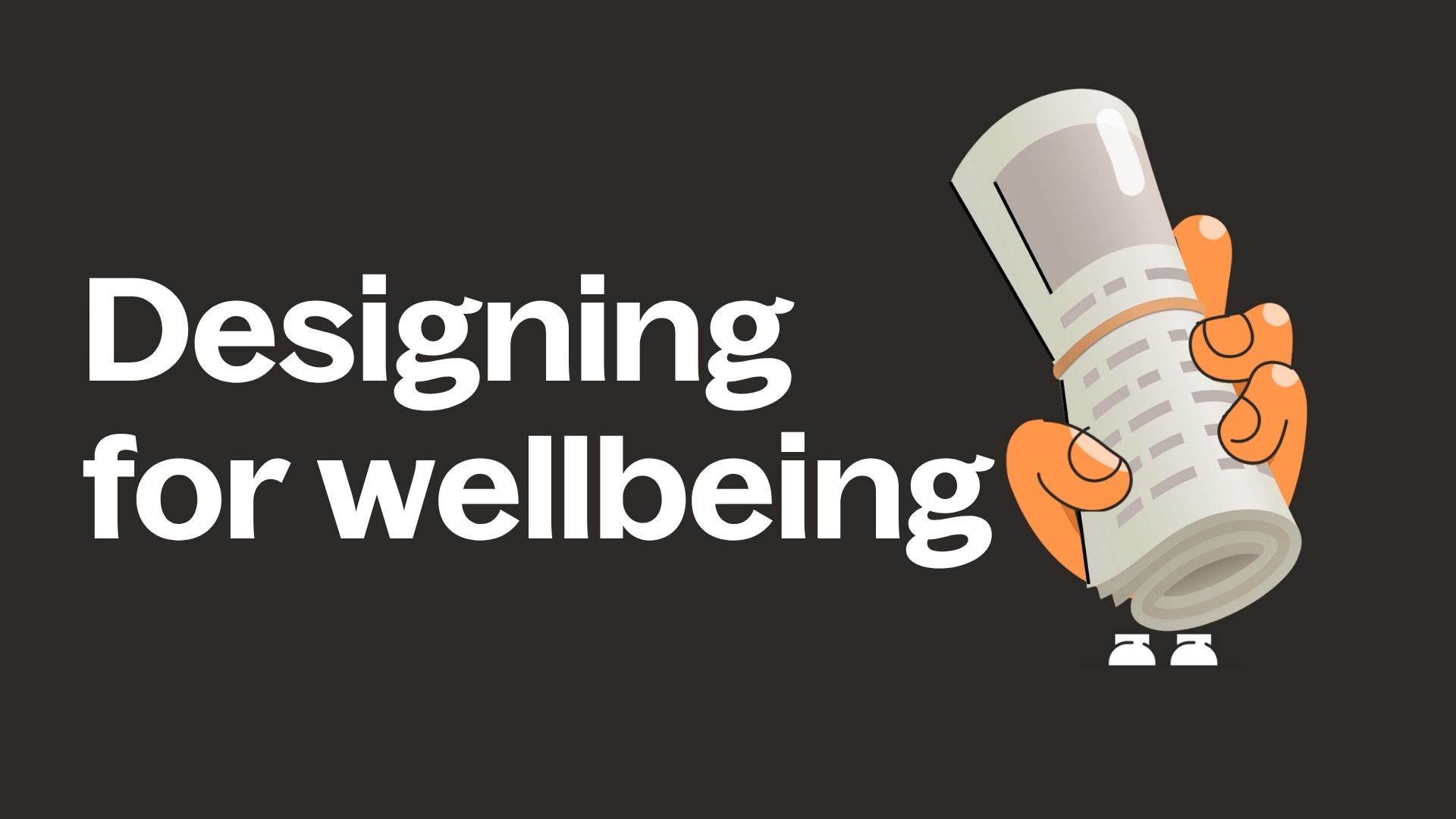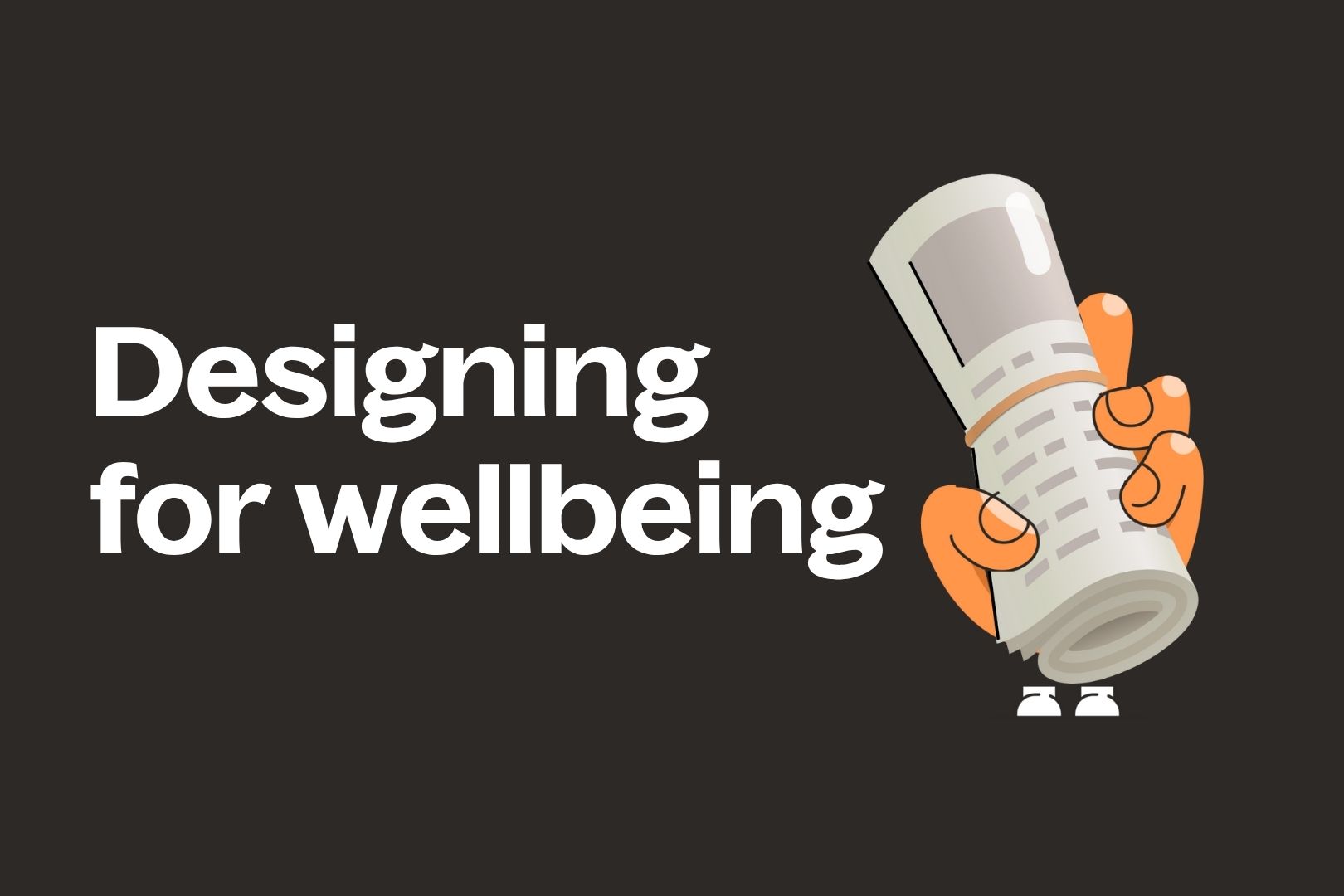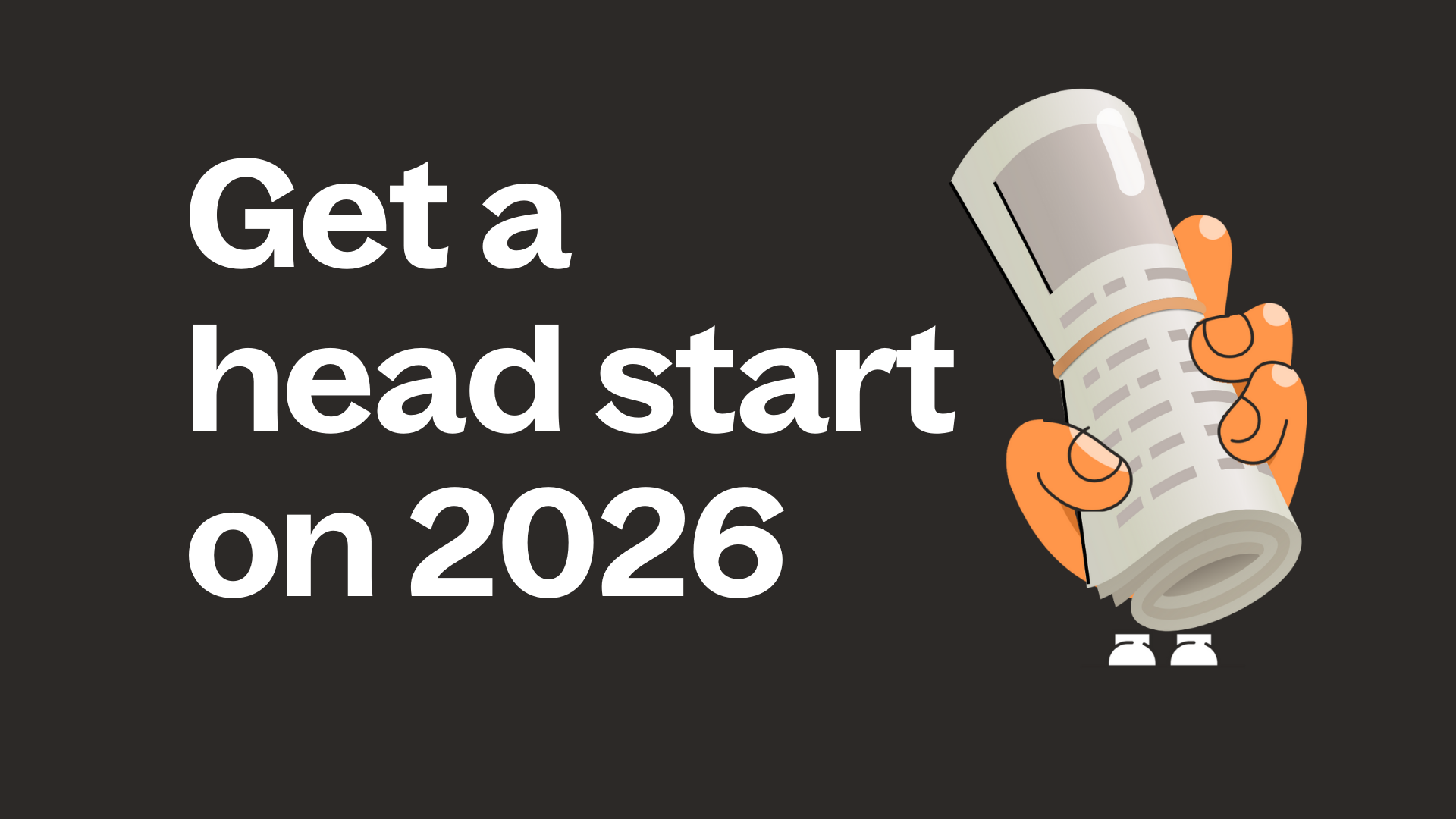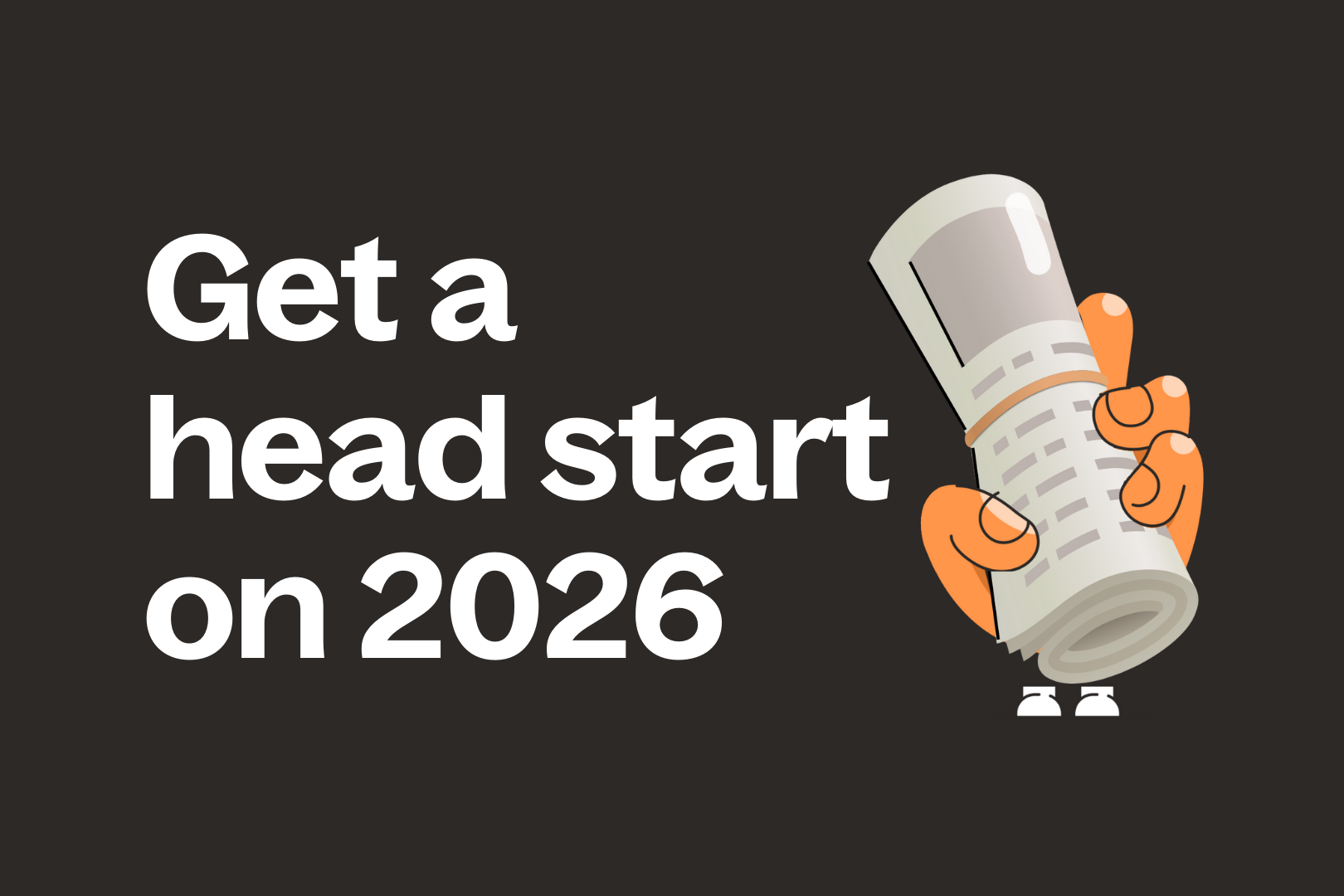Frontline teams often manage the more complex side of community feedback and the nature of those interactions is constantly shifting as community needs evolve.
As organisations respond to a broader range of requests and expectations, we’re hearing more about the emotional demands involved in these conversations and how teams are adapting to meet them.
It’s something many in the Solver community have been quietly navigating. To open up the conversation, we connected with wellbeing expert Todd Hopwood to share his experience supporting staff in high-pressure public-facing roles.
In this edition of the Scoop we’ll explore:
- Why reducing exposure is the first step to supporting team mental health
- Frontline wellbeing insights from expert Todd Hopwood
- South Burnett's approach to promoting respectful customer interactions
- Mackay Regional Council’s recent campaign to support staff safety
- Reducing exposure to potentially harmful content with AI-powered content moderation
Supporting frontline teams under pressure
Recent research has highlighted the ongoing pressure on people working in public-facing roles. A NSW public-sector survey revealed that 38% of employees felt burnt out by their work, according to the Public Service Commission.
For local government customer service teams, that pressure can be even greater. The Local Government Association of Queensland found that 42% of frontline council workers had experienced violence or aggression from the public, a concerning data point with real impacts on wellbeing.
Each of these figures represents someone showing up to serve their community, often while managing the emotional weight that builds over time.
That’s why more councils are exploring ways to reduce constant exposure to inappropriate content, hostility, and distressing interactions, not by avoiding the tough conversations, but by putting better systems in place to manage them with care.
Whether that’s using technology to flag harmful content earlier or redesigning frontline roles to allow for recovery time, the focus is shifting from simply responding to proactively protecting staff wellbeing.
Designing for wellbeing: Todd Hopwood’s take on frontline support
Supporting frontline teams means more than offering help after things go wrong, it starts with designing roles and systems that actively reduce harm.
That was the guiding message from wellbeing specialist Todd Hopwood, who shared his experience supporting public-facing teams under pressure. As Todd explains, you can’t prevent every difficult customer interaction, but you can make sure staff don’t carry the emotional weight alone.
He spoke about the shift toward embedding psychological and psychosocial safety into daily operations, through thoughtful job design, reducing exposure to distressing content, and building space to recover after challenging interactions.
Technology has a role to play, too. Tools like AI moderation and sentiment analysis can help flag harmful content or escalating conversations early, giving teams more control over how, and when, they engage.
His approach is simple, but powerful: Whatever programs you have in place, just make sure they treat humans as humans.
Promoting respectful customer service: South Burnett's approach
South Burnett Regional Council is leading the way in promoting respectful interactions between the community and customer service teams. Their recent public awareness campaign reminds residents that behind every council service is a real person.
Their message is simple: customer service teams are here to help and deserve respect, even when dealing with challenging situations.

Mackay Regional Council stands up for staff safety
After a rise in threats and aggressive behaviour from their community, Mackay Regional Council has taken a public stance to support their frontline teams.
Their No Excuse for Abuse campaign highlights the toll that repeated exposure to verbal and physical aggression can have, and why it’s important to set clear boundaries. Featuring real staff in radio and TV ads, the campaign is a reminder that council workers are community members, not a target for frustration.
By speaking out publicly, Mackay Regional Council is working to reduce not only individual incidents but the broader acceptance of this behaviour.
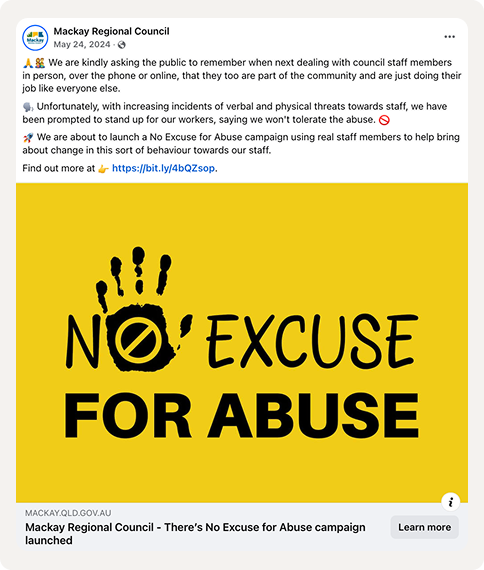
Reducing exposure with AI moderation
To help teams manage distressing content, Snaps that include potentially sensitive images or text can be flagged in the Solver Portal.
When content is flagged, it stays visible in your Solver Portal with a moderation tag, while being automatically hidden from the public Snap Feed. Reducing exposure for both your team and your community.
Ready to prioritise your team's mental health?
Whether you’re curious about content moderation or tools to promote respectful customer interactions, we’d love to support you.





Stay in the loop with insights that matter
Sign up for exclusive research, industry insights, and updates tailored for Solvers on the Snap Send Solve platform.


